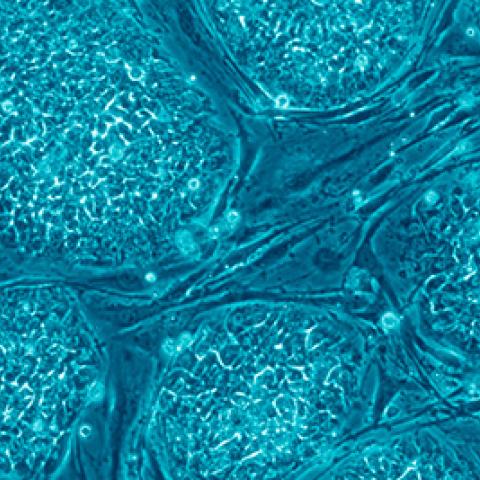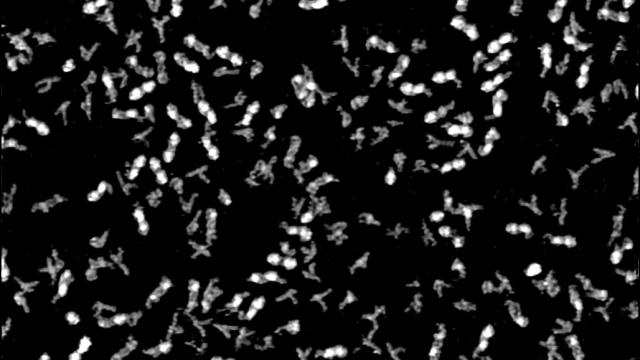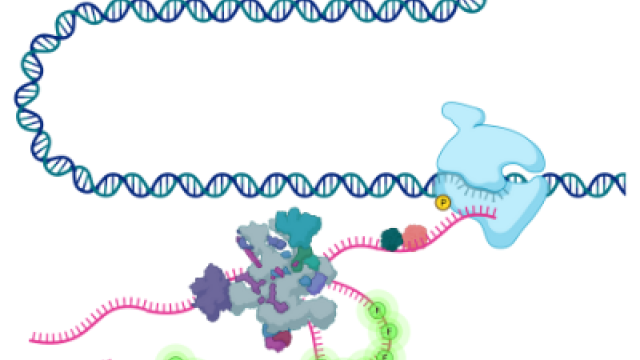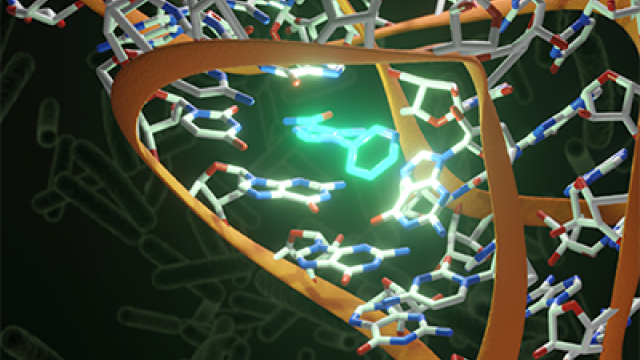
Human embryonic stem cells.
Photo credit: Wikimedia Commons
CCR researchers have found that the RNA exosome plays an important role in restraining differentiation of human embryonic stem cells (ESCs). Differentiation is the process by which human ESCs cells develop into the three germ layers that form the body: endoderm, mesoderm and ectoderm. All tissues and organs in the body can be formed from human ESCs.
This laboratory research is the first time that the RNA exosome has been studied in human ESCs as opposed to progenitor cells, which are more mature cells that have already begun to differentiate into a specific cell type. This study, led by Sandra L. Wolin, M.D., Ph.D., Chief of the RNA Biology Laboratory, appeared July 15, 2019, in the Journal of Cell Biology.
The RNA exosome is an intracellular complex of ribonucleases, which are enzymes that degrade RNA. The RNA exosome was discovered more than two decades ago, but an understanding of its roles in human biology is still limited. Although it has been established that the ability of human ESCs to differentiate into all three germ layers, called pluripotency, is maintained by a unique network of DNA transcription factors, less is known about surveillance pathways that monitor newly made RNAs. These pathways, several of which involve the RNA exosome, act to eliminate newly made messenger RNAs (mRNAs) that are defective or harmful to cells.
The researchers discovered that the RNA exosome is important for preventing premature differentiation of human ESCs. They showed that the RNA exosome regulates differentiation by degrading specific RNAs that encode critical regulators of human development. A particularly important mRNA degraded by the RNA exosome encodes FOXH1, a transcription factor that is critical for development of mesendoderm, the precursor to both mesoderm and endoderm. In this way, differentiation is stopped.
The finding may have relevance to cancer research. For example, mutations in one of the exosome nucleases are common in several forms of cancer, especially blood cancers.
“Simply put, the RNA exosome keeps differentiation from occurring before it’s time for it to happen,” explains Dr. Wolin. “Our work has uncovered a new way in which differentiation of human embryonic stem cells can be regulated.”


